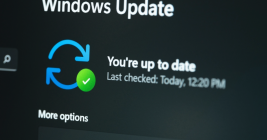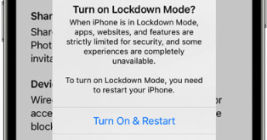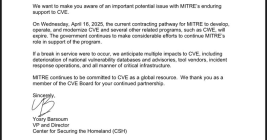Microsoft Patch Tuesday, July 2025 Edition
Microsoft today released updates to fix at least 137 security vulnerabilities in its Windows operating systems and supported software. None of the weaknesses addressed this month are known to be actively exploited, but 14 of the flaws earned Microsoft’s most-dire “critical” rating, meaning they could be exploited to seize control over vulnerable Windows PCs with little or no help from users.












